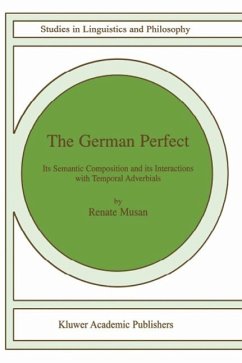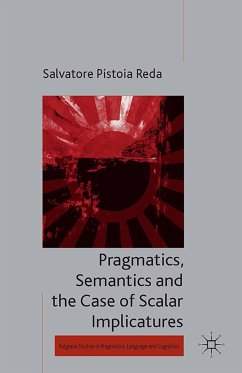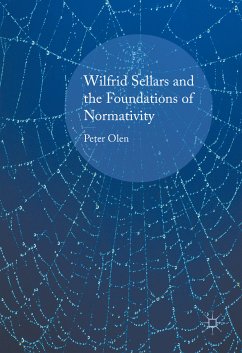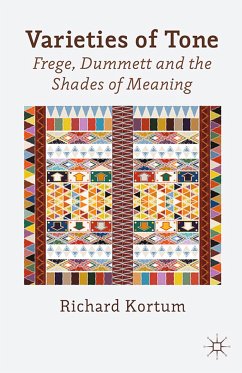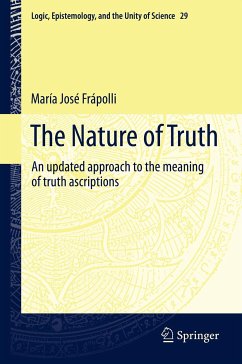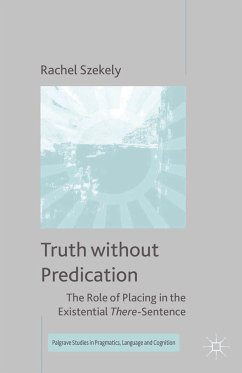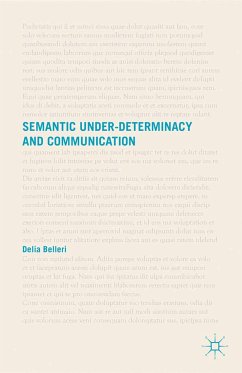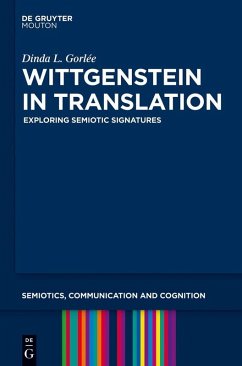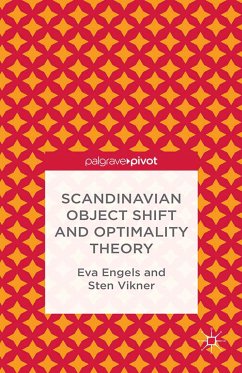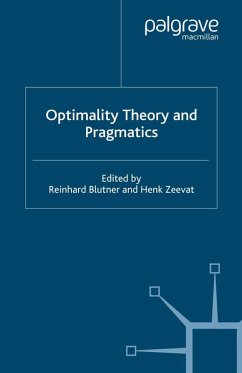
Optimality Theory and Pragmatics (eBook, PDF)
Versandkostenfrei!
Sofort per Download lieferbar
40,95 €
inkl. MwSt.
Weitere Ausgaben:

PAYBACK Punkte
20 °P sammeln!
Ten leading scholars provide exacting research results and a reliable and accessible introduction to the new field of optimality theoretic pragmatics. The book includes a general introduction that overviews the foundations of this new research paradigm. The book is intended to satisfy the needs of students and professional researchers interested in pragmatics and optimality theory, and will be of particular interest to those exploring the interfaces of formal pragmatics with grammar, semantics, philosophy of language, information theory and cognitive psychology.
Dieser Download kann aus rechtlichen Gründen nur mit Rechnungsadresse in A, B, BG, CY, CZ, D, DK, EW, E, FIN, F, GR, HR, H, IRL, I, LT, L, LR, M, NL, PL, P, R, S, SLO, SK ausgeliefert werden.



